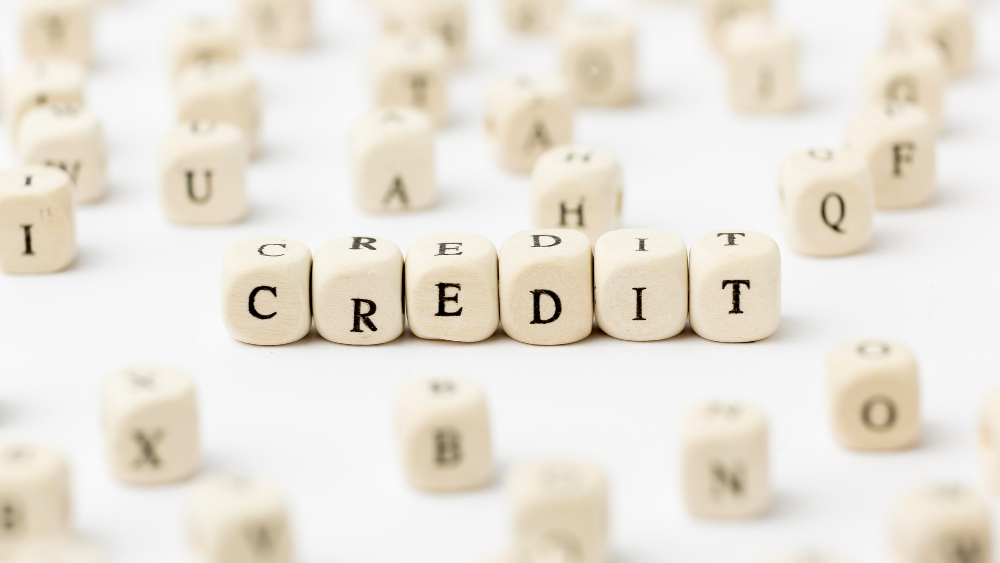The CardCookie Blog
Understanding Credit Scores: Tips for Building and Maintaining Good Credit
So, you’re diving into the wild world of personal finance – whether you're a greenhorn or think you've got it all figured out this read’s got your back. Let's talk about the mystical three-digit realm known as the credit score. Yep, those magic numbers that determine if you're rolling into your dream house, cruising in a fancy car, or just daydreaming about it.

What is it?
Now, if we want to get all technical (cue the Wikipedia music), a credit score is like the MVP of your financial report card. It's a numeric vibe derived from an in-depth analysis of your credit files, painting a picture of how financially dateable you are. Beyond securing loans, they shape deposit requirements for gadgets, services, and rentals. Employers and service providers also peek at it, assessing your financial trustworthiness.
The secret sauce for this magical number involves a history of repayments, the loan variety in your financial potion, the duration of your credit enchantment, your artful debt dance, and your readiness for fresh financial adventures. This score, dancing between 300 and 850, thrives on a simple pro tip – the higher, the merrier.
The top 3 credit wizards are Equifax, Experian, and TransUnion. These financial confidantes, akin to gossipy besties in the finance world, are on a mission to collect, analyze, and spill the deets on your credit story. Keep those numbers high, and your financial fairy godmother might just grant your wishes with better terms.
For a friendly intro to the basics of credit and long-term financial success, pair this with Simple Steps to Improve Your Credit Score and Save Money on Interest.
How is it calculated?
The credit score model, brought to you by Fair Isaac Corp. (or the cool kids call it FICO), is the brainchild we all know and love. Even though other players have joined the party, FICO remains the most used and consulted.
Speaking of which, while every credit agency likes to add its flair to the calculation dance, here's an estimate of what companies generally use:
Payment history (35%)
Amounts owed (30%)
Length of credit history (15%)
Types of credit (10%)
New credit (10%)
If you’re planning bigger financial goals while improving your credit, see How to Set Financial Goals and Actually Achieve Them.
First things first: Checking Your Score
Before entering this world, we suggest you check where you stand in this regard. You can check it on various pages. Among them, is this one.
And just to give you a handy reference, here's a scale to help you gauge what's considered excellent, good, and not-so-great:
Excellent: 800–850
Very Good: 740–799
Good: 670–739
Fair: 580–669
Poor: 300–579
Pro tip: Make it a habit to peek at the reports from the credit superheroes – Equifax, Experian, and TransUnion. It's like embarking on a friendly detective mission through each report, uncovering the unsung heroes and villains shaping your credit score. Think of it as financial espionage but with a sprinkle of excitement!
If budgeting is part of your credit-boosting strategy, combine this guide with The 50/30/20 Rule: A Simple Budgeting Strategy for Success.
And now, you might be pondering: How can you enhance your credit score? Now, if your score is fair or below, don't get discouraged. There are many ways to increase that number. Let's start with some options:
Pay Bills on Time:
The golden rule – your payment history is king! Missing payments can be a real downer for your score, and the repercussions stick around for up to seven years.Check Your Credit Reports:
Your credit score is calculated based on your credit history. That's why it's important to check your credit reports frequently. Keep it up!Watch Your Credit Card Balances:
Keep those credit card balances below 30% of your limit. It's like giving your credit score a little breathing room. Lower is better, so if you can swing it, go for it.Don't Close Credit Accounts:
Age is just a number, especially when it comes to your credit accounts. Keep the oldies but goodies open; it helps your average age of accounts. However, if an account is causing more trouble than it's worth (looking at you, high fees), it might be time for a breakup.Take It Easy on Credit Applications:
Multiple applications in a short span can make your score nervous. Do your research first to find the right fit.Be a Credit Mixologist:
Not all credit is created equal. Explore different types, like credit cards, personal loans, or a mortgage, to diversify your credit portfolio. Just like a good mixologist, find the right blend for your financial cocktail.Know Your Numbers:
Your credit score is like a superpower, and the highest you can achieve is 850. It's the unicorn of credit scores, with only about 1.7% reaching this mythical realm.Build That Savings Safety Net:
Money talks, and so does a savings cushion. It not only keeps your bills paid on time but also signals to lenders that you're a trustworthy borrower.Finally:
Remember, it's a journey, not a sprint. Check your credit score regularly, stay informed, and watch your financial garden bloom!And if you want to shop smarter while staying under your balance limit, browse discounted retail gift cards:
Best Buy, Target, and Walmart.